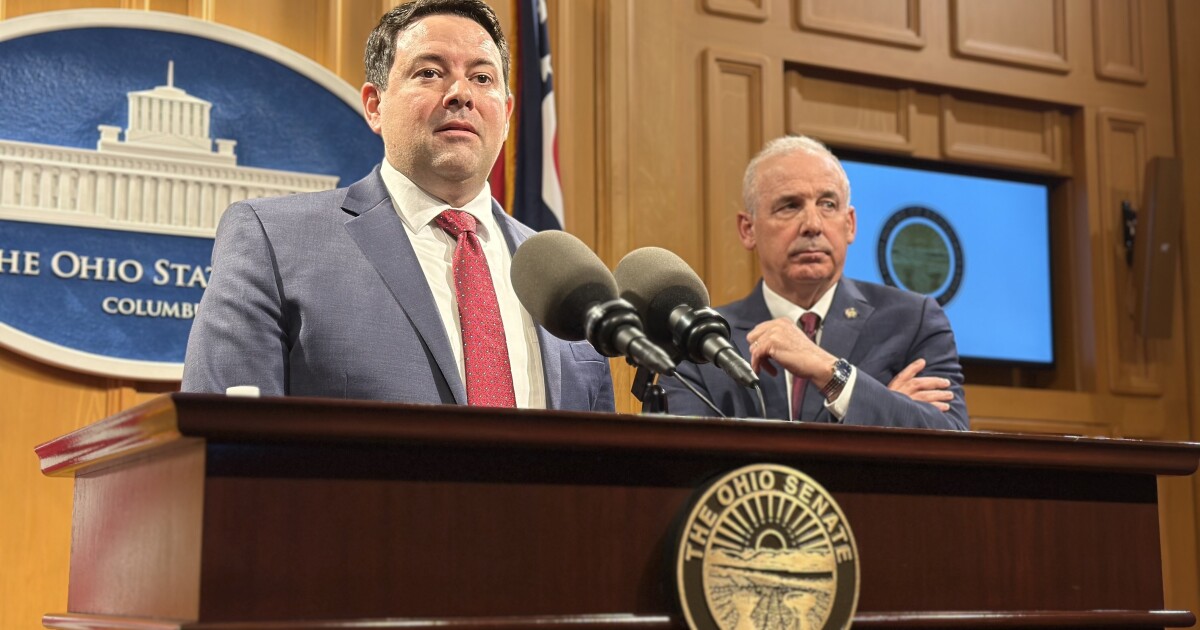South Carolina lawmakers continue pushing legislation to legalize casino gaming, marking a potential shift from the state’s conservative stance on gambling.
House Bill 4176, known as the I-95 Economic and Education Stimulus Act, proposes legalizing retail casinos within select rural counties in the Palmetto State. To be eligible, counties must fall into the state’s lowest job tax credit tier and be located along the I-95 corridor.
Santee Development Corporation, owned by prominent South Carolina developer Wallace Cheves, has already drawn up plans to build a $1 billion casino at the abandoned Santee Outlet Mall site, which has sat vacant for the last decade. If approved, the casino could open as early as 2026.
According to Cheves, the project would be privately funded and could attract four million visitors annually. In addition to creating more than 4,600 additional jobs, Cheves estimates it could generate over $75 million in annual tax revenue for the state.
Meanwhile, a newly created gaming commission would oversee licensing and compliance with state laws.
“This is South Carolina-owned,” Cheves said. “I’m a native of South Carolina. We’re willing to invest our money in the project and not ask for any incentives.”
South Carolina Casino Bill Faces Familiar Opponent
HB 4176 still has several hurdles to clear before it becomes law. While the House Ways and Means Committee reported favorably on it, the bill still faces an uphill battle as Gov. Henry McMaster remains a staunch gambling opponent.
“Gambling is bad for our culture,” McMaster said before last month before the House. “It’s not part of our heritage, and there are better ways to make money, to give jobs, to generate tax money, to generate a thriving economy, than gambling.”
As it is, South Carolina is already home to some of the strictest gambling laws in the United States. Despite repeated efforts, sports betting, daily fantasy sports (DFS), iGaming, and online sweepstakes casinos are all prohibited, leaving the state lottery as the only form of legal gambling besides regulated bingo.
By contrast, neighboring North Carolina introduced sports betting in March 2024. This past March, the Tar Heel State took in a state record $685 million in wagers.
As the legislative process continues, developers say they will implement several measures to alleviate concerns about problem gambling. These include implementing self-exclusion programs, funding public awareness campaigns, and partnering with gambling addiction programs and law enforcement agencies.
Racing Also Being Considered
State senators are considering a separate bill to legalize horse race betting. While opponents have hesitated to allow wagering within the state, the bill’s sponsor claims it could help revive South Carolina’s suffering equine industry.
“Not something in the past, not slot machines — this is just for the horse industry,” Sen. Michael Johnson said.
However, McMaster, true to form, opposes the bill, which remains in a Senate Finance subcommittee. The governor suggested that lawmakers find a different way to benefit the sport last month.





